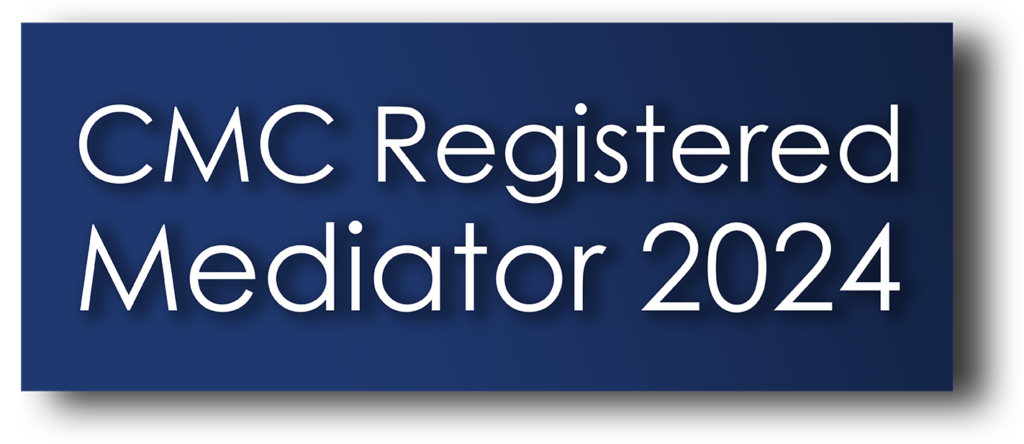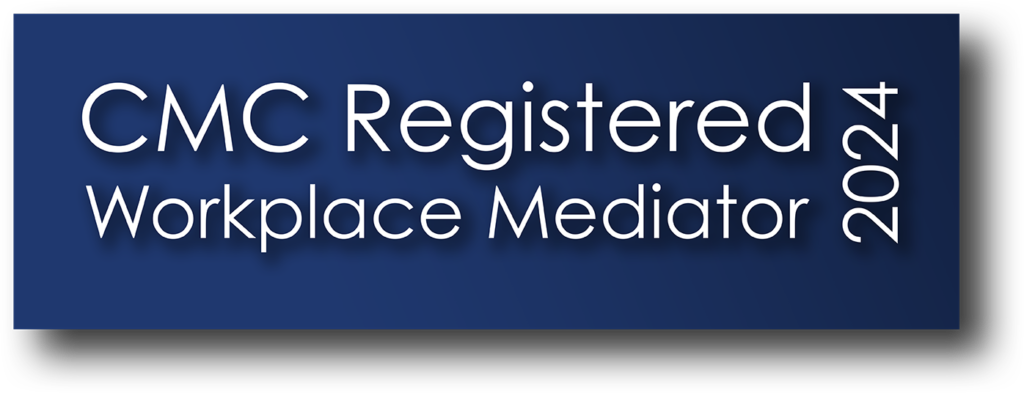5 Reasons to Mediate
If you are facing a conflict situation at work, it may be that you have already considered mediation as one of the options available to you to resolve the conflict. But what are the factors to consider as you weigh up your options?
To help inform your decision, this blog outlines the top five benefits of the process.
It works.

Mediation is staggeringly effective. CEDR estimate 93% of civil and commercial mediation cases achieve an agreement – 72% on the day of the mediation and a further 21% settle shortly afterwards. That statistic is similar in the workplace. The TCM Group resolve 93% of their workplace mediations. Other sectors differ somewhat but are still high – community mediation resolve over 80% of cases, in family mediation over 70% of cases resolve.
If you want to resolve the issue, why wouldn’t you try mediation?
It is private.
A key attribute of mediation is that it is confidential, with rare exceptions (safeguarding, threats of harm). This means that we can explore options without prejudice, i.e. without the concern that you are making concessions simply by discussing those options. If an agreement is reached, that agreement or action plan remains confidential between the parties unless they all agree that it may be shared, e.g. with an HR representative. But if they don’t all agree, then the agreement is not shared and remains confidential.
That stands in stark contrast with other non-confidential dispute processes that can leave employees feeling exposed and under attack. It’s hard to see how process that leave staff feeling defensive is setting anyone up well to resolve issues. See David Liddle’s Transformational Culture for more on this.
You are in control of the solution.
The parties decide what actions are needed to resolve the dispute. The mediator will support the parties to identify what is needed for them each to move on. This means the parties are in control of the agreement. Their actions are the actions they choose and agree; the actions that are relevant and important to them. That may include actions that could not be considered as part of the ‘settlement’ in other processes.
The parties are also not subject to the judgement of others. The whole process is focused on what needs to happen/change in order for the relations to be restored, e.g team relationships. It is not about determining who is right and wrong. This means that mediation works best when parties want to repair the working relationship: they want to resolve the situation. Putting aside the need to be right – and replacing that with a need to be understand and to understand.
It is quick – and relatively inexpensive
Mediation can be fast to arrange, which means that conflicts can be nipped in the bud before they escalate, causing stress and costing businesses more in lost productivity and staff time. Once parties’ availability is confirmed and your mediator is appointed, the process can move very quickly. The whole mediation may be conducted over one day, whether that it online or in-person – with initial private meetings taking place in the morning and a joint meeting in the afternoon.

You have the freedom to set out the actions you want to include.
Mediation is a responsive approach. The impact of conflict can be expressed, heard and understood by each side. This critical part of the process encourages empathy between the parties. They have an opportunity to hear directly what the impact has been on each other. This can often tangibly release the tension and – having been heard – frees the parties up to start talking about the future.
Would you like to talk more about how mediation and conflict resolution can help you?
 By
By 


